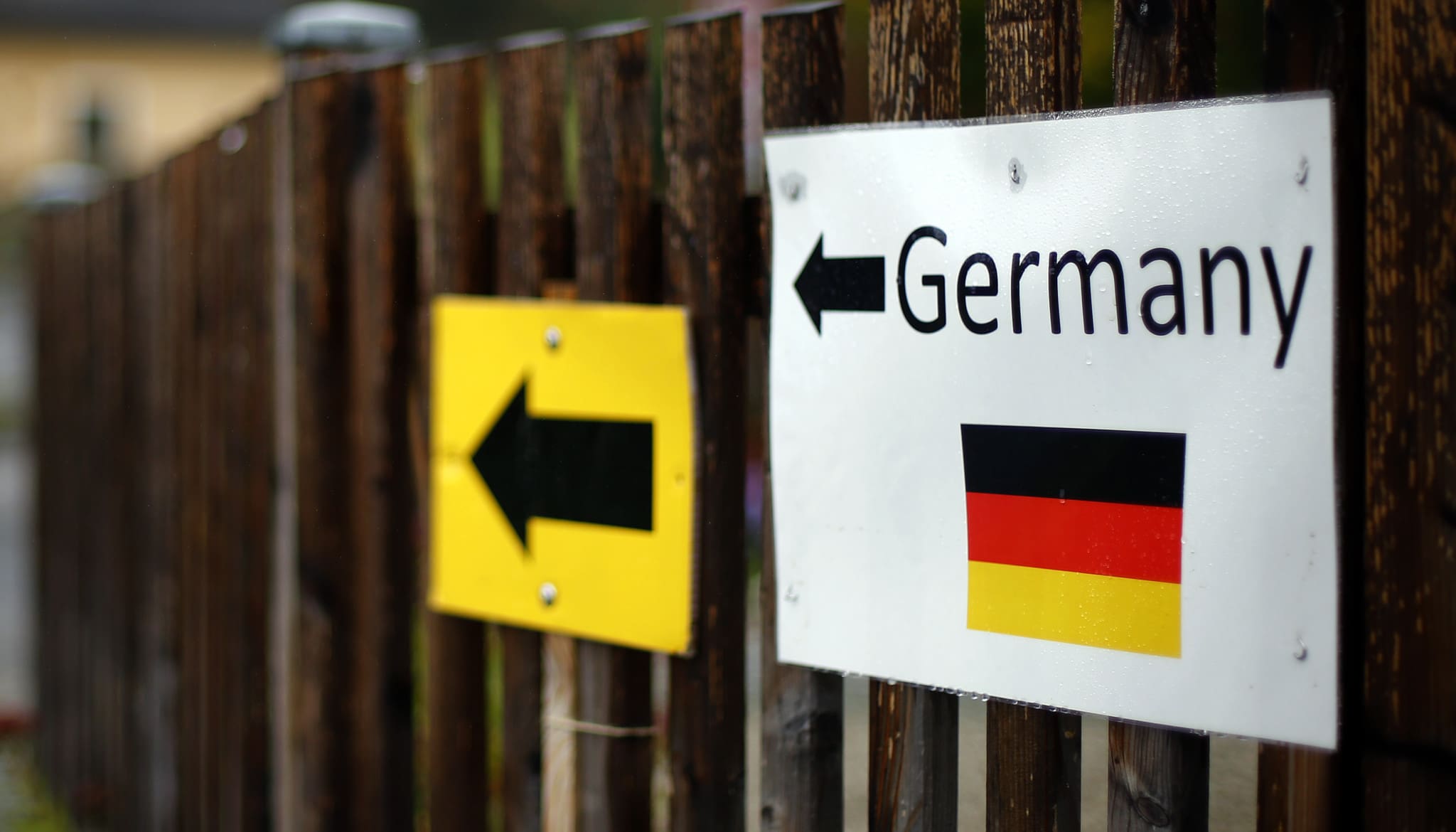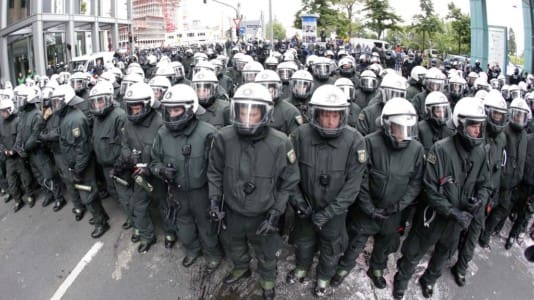The European Union, and its most important member state, Germany, today offers up an unknown, new culture, instead of the millennia of organically evolving culture of traditional European life, which necessarily involves the gradual abolition of the peoples of Europe.
The Germans have a more self-effacing government than before the election. While Angela Merkel was only disturbed by the German national flag at an event, but the new vice-chancellor, Robert Habeck, publicly stated that he wants to vomit when he hears about love for “homeland” and “patriotism.” Social Democrat Chancellor Scholz made it clear that Germany is an immigrant country. For him, immigrants are not guest workers who will sooner or later go home, nor are they refugees or tourists who are temporarily admitted without qualification. Instead, Scholz has said that they have found a permanent home in Germany, once believed to be a country for Germans.
History knows many cases when strangers wanted to occupy the homes of other peoples. If these efforts succeeded, the losing people would quickly be subjugated and forgotten. Historically, conquerors never received such a warm welcome. After the Persian King Xerxes told the ancient king of Sparta Leonidas to lay down his arms, Leonidas stood to defend his homeland, telling Xerxes, “Come and take them from me.”
The 5th century Hungarian general János Hunyadi defended Hungary from Ottoman invasion with preventive strikes in the Ottoman army’s own territory.
Chancellor Scholz, by contrast, said that if you were already here — although we don’t even know who you are — this is your homeland.
The German craze for self-abandonment has only reached pathological proportions since the mid-1970s. Before that, the Germans recovered from massive and bloody losses quickly and rebuilt their country in a relatively short time. After the First World War in 1920, their fertility rates ranged from 2.4 to 2.5 until World War II. Even with the loss of seven million in World War II, the population grew quickly. Even in the two decades between 1950 and 1970, the fertility rate was around 2.3 to 2.4, indicating a solid population growth. The surest sign of self-abandonment, the falling birth rate, began during the nearly decade and a half of Social Democratic (SPD) rule (1973–82) and has continued ever since.
In Germany, the number of German-born people is declining, and the number of non-German-born people is rising rapidly. To say this officially, however, is itself a major offense against politically correct speech. Chancellor Scholz’s statement, while shocking, only confirms the fact that Germany has become an immigrant country.
The Germans have completely changed in the last half century. Today, they are no longer the people who can claim world-renowned creations over the past centuries in the field of science, the arts, or even the sustained well-being of the people. One could endlessly list the Germans who made great strides in history and whose names have survived ever since: from Goethe to Thomas Mann, from Beethoven to Wagner, from Martin to Luther to the great empire-builder Bismarck, but not to mention the great inventors Siemens, Otto or Diesel.
Today, however, we hear from a high-ranking government official of immigrant origin that German culture does not even exist.
Our journey together is over. We Hungarians very much hope that on the road to the burial of Europe, even Germany will turn around in time, or at least the more sober half of your people will make it so.






